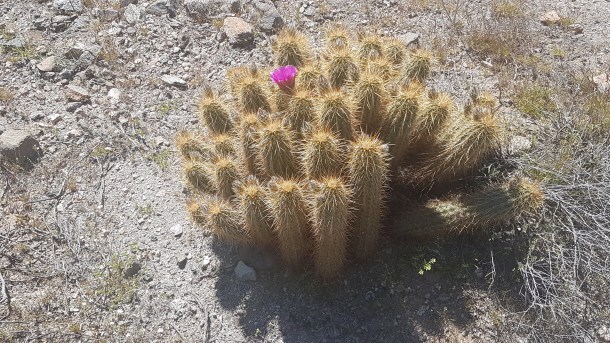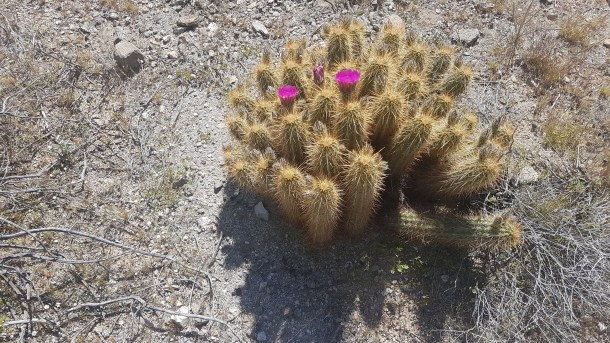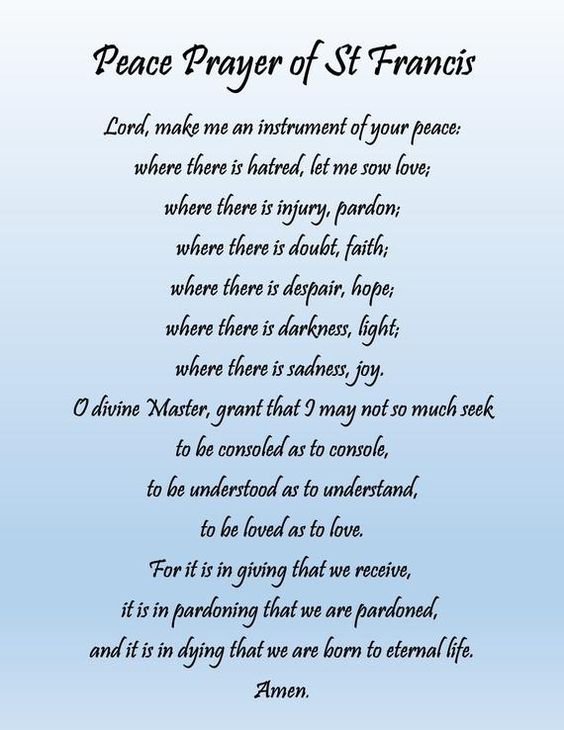Kathy took these pictures at Sunwapta Falls in Jasper National Park. The Sunwapta River flows from Athabasca Glacier and the falls plunge over a hanging valley left by receding glaciers about 8000 years ago. The path down to the overview above the falls is unique with the tree roots playing an integral role in the stairway. The “staircase” is a product of human and nature wearing the surface. With the help of the stairway, I got closer to the edge than I usually do.
I wrote the following poem to accompany the pictures of the and borrowed the title from a more famous group, Led Zeppelin. I took time to read about the meaning behind the lyrics. It appears to be a statement about money not buying one’s way into heaven, whatever one might think that is.
Gnarled and gnarly,
Wending its way upwards,
Nature’s stairway
Revealing beauty.
Gaining confidence,
Moving safely,
Finding my way,
Fuller, richer.
Nature awaiting,
Golden rays find space–
Guiding steps,
Shining on each step,
On a ‘highway to heaven.’
For those who want to compare my poetry to that of Jimmy Page and Robert Plant, here is a version of the video.















